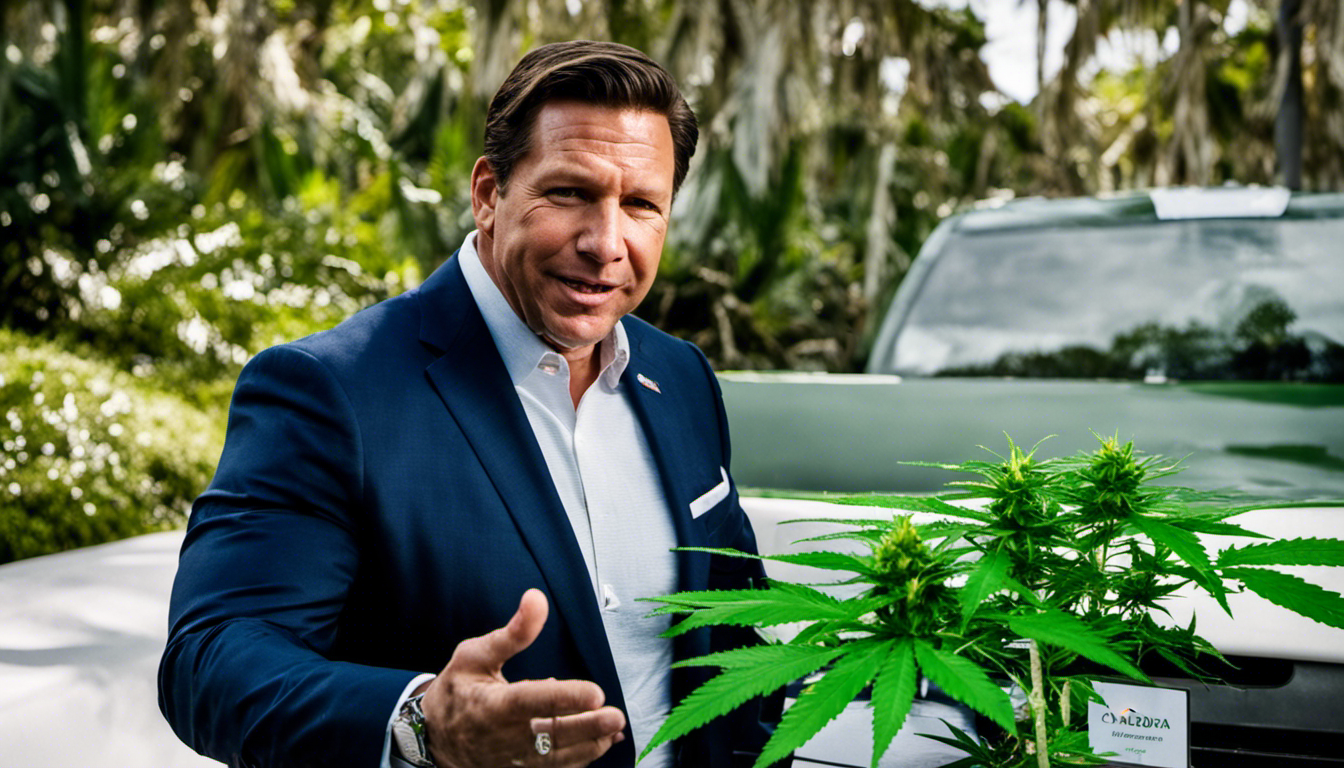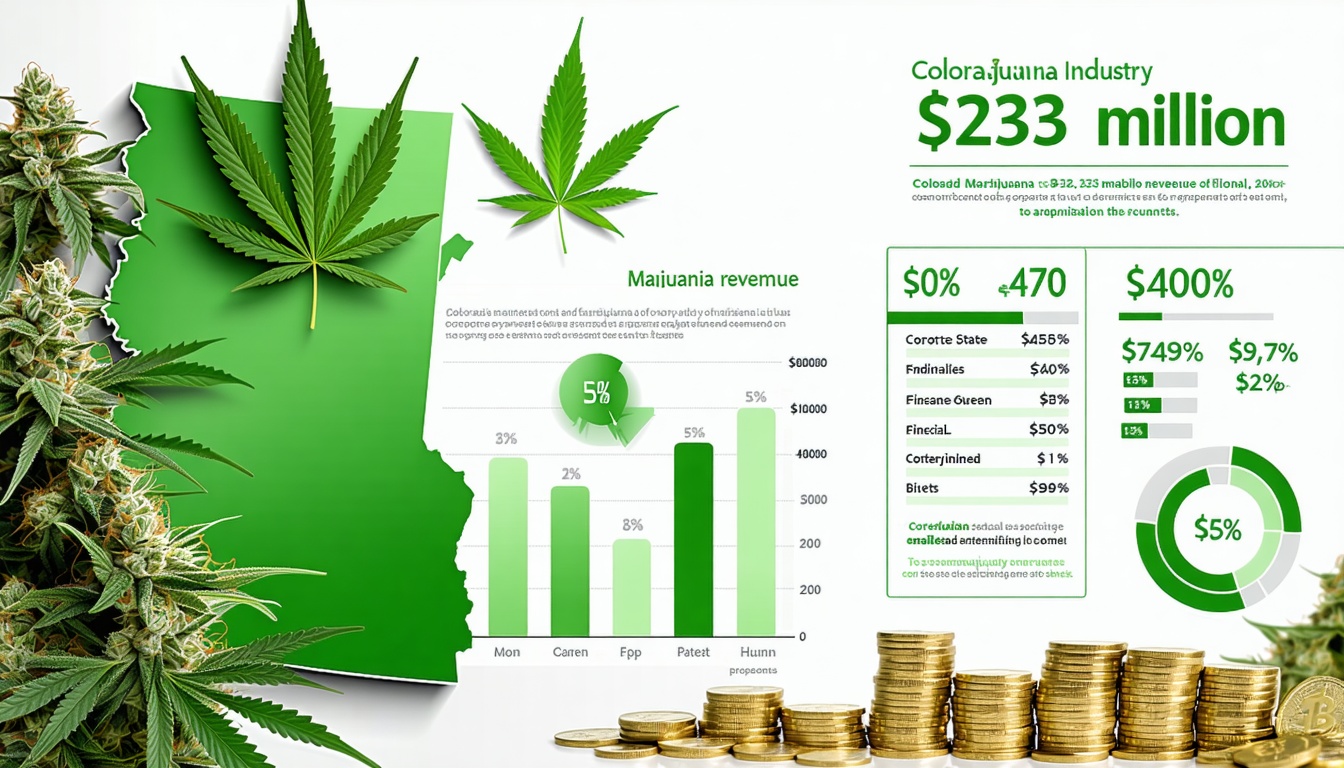Florida Governor Ron DeSantis has sparked controversy by labeling Trulieve, the state’s largest medical marijuana operator, as a “Canadian” company. However, the company’s CEO, Kim Rivers, has strongly disputed this claim, stating that Trulieve is a Florida-born and headquartered business with nearly 4,000 employees living in the state.
DeSantis made the comment during a speech at the Republican National Convention, where he criticized the campaign for Florida’s recreational marijuana ballot measure, Amendment 3. He claimed that the amendment is being driven by a “Canadian marijuana company” and argued that it would allow the company to “rent-seek” off Florida’s constitution.
However, Trulieve’s CEO countered that the company is a Florida-based business that has been operating in the state since 2015. Rivers also pointed out that Florida law requires medical marijuana treatment centers, like Trulieve, to be headquartered in the state.
Trulieve did acquire a mining business in Canada in 2018, but this was done to allow the company to publicly trade on a Canadian stock exchange while avoiding US stock market restrictions. The company’s spokesperson emphasized that the Canadian connection is limited to a holding company and that Trulieve itself is not the licensee or a donor to the Smart & Safe Florida campaign, which is leading the push for Amendment 3.
The majority of funds for the campaign come from Trulieve Inc., which has donated around $60 million. Some critics, including John Morgan, the founder of the law firm Morgan & Morgan, have pointed out that DeSantis himself has promoted the use of pharmaceutical products from Canada, which they see as hypocritical.
A finance professor at the University of Florida, Jay Ritter, noted that the company’s dual listing on the Canadian and US stock exchanges could be seen as both a “yes” and “no” answer to the question of whether Trulieve is a Canadian company. Ultimately, Ritter believes that the company’s connection to Canada is irrelevant to the decision of whether to support Amendment 3.












